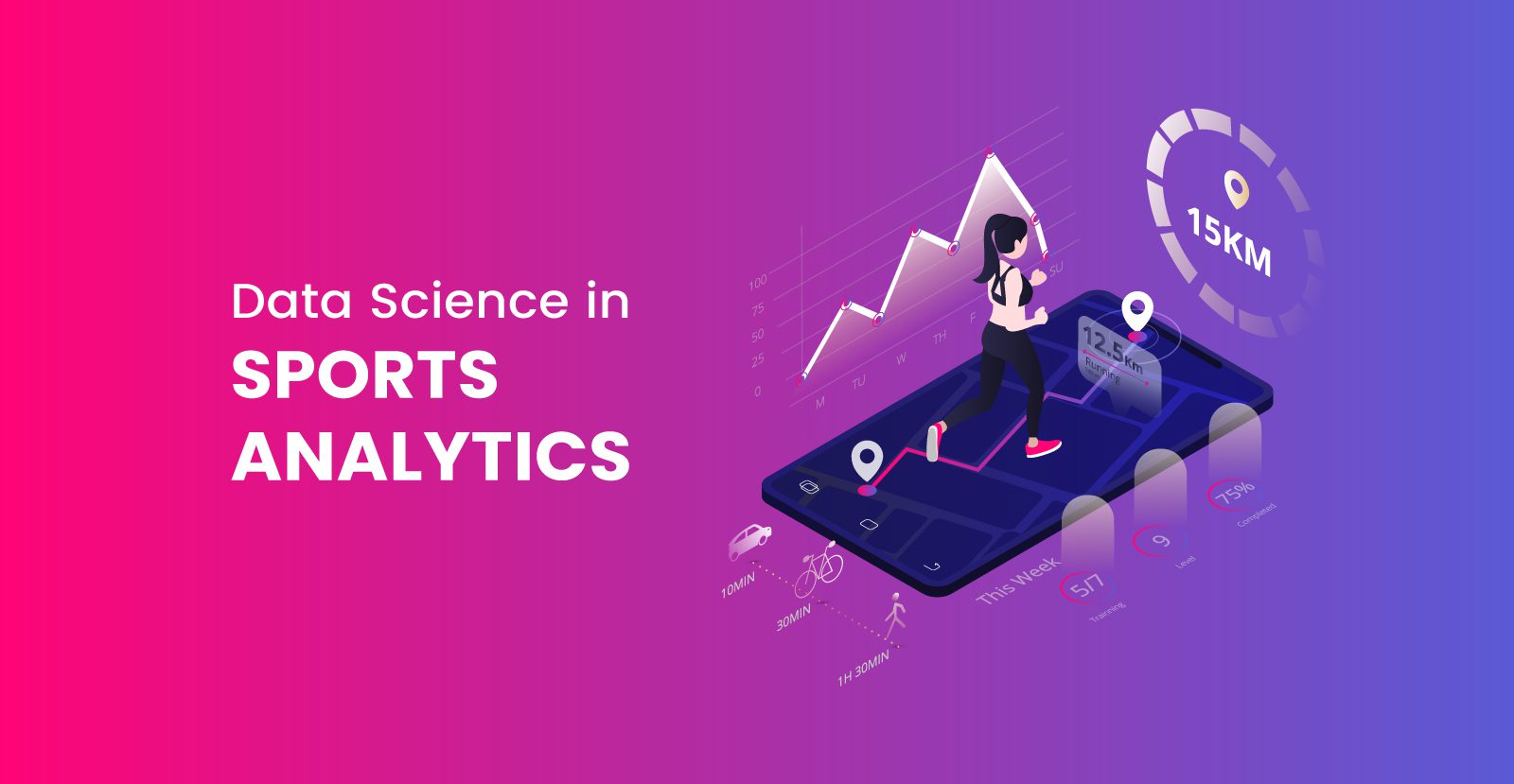In the world of sports, the pursuit of victory has always been relentless. Whether it’s on the basketball court, soccer field, or baseball diamond, athletes and teams are constantly searching for that extra edge to secure a win. In recent years, this pursuit has taken an exciting turn with the integration of data science into sports analytics. Welcome to the thrilling world where data-driven strategies are changing the game – quite literally!
The Evolution of Sports Analytics
Sports analytics, or the use of data to analyze and optimize athletic performance, isn’t a new concept. Coaches and athletes have long relied on statistics and insights to make informed decisions. However, what’s revolutionary is the depth and breadth of data available today, thanks to advancements in technology and data collection methods.
Gone are the days of relying solely on a coach’s intuition. Now, data scientists are working side by side with coaches and players, crunching numbers and extracting invaluable insights that can make all the difference between victory and defeat.
Moneyball: The Game-Changer
Perhaps the most famous example of data science revolutionizing sports is the story of the Oakland Athletics in Major League Baseball (MLB). Made popular by the book and movie “Moneyball,” the A’s used data-driven strategies to assemble a winning team despite having a limited budget.
The A’s focused on advanced statistical analysis to identify undervalued players who could help them win games without breaking the bank. This approach not only brought them success but also sparked a data analytics revolution across the sports world.
How Data Science is Reshaping Sports
Today, data science is deeply embedded in sports across the globe. Here are some ways in which it’s transforming the landscape:
1. Player Performance Analysis: Data scientists use tracking technology to monitor player movements, heart rate, and other vital statistics in real-time. This data helps coaches identify patterns and make adjustments to improve player performance and reduce the risk of injuries.
2. Game Strategy Optimization: Coaches and analysts study vast amounts of historical data to devise game plans. They can identify opponents’ weaknesses, assess the impact of different strategies, and make informed decisions during games.
3. Fan Engagement: Data isn’t just benefiting teams and players; it’s also enhancing the fan experience. With the help of data, sports organizations can provide fans with personalized content, such as tailored highlights and statistics.
4. Recruitment and Scouting: Teams use data analytics to identify promising young talent. They assess potential draft picks by analyzing their performance metrics, injury history, and other factors to make informed decisions.
5. In-Game Decision Making: Data-driven insights during a match or game can lead to more accurate in-game decisions. Whether it’s determining when to substitute a player or when to go for it on fourth down, data plays a crucial role in the heat of the moment.
Real-Life Success Stories
The impact of data science in sports is undeniable. Let’s delve into some real-life success stories that showcase the power of data-driven strategies:
– Golden State Warriors: The Warriors, an NBA powerhouse, use data analytics to optimize player shot selection. This approach has helped them become one of the most prolific three-point shooting teams in history.
– Liverpool FC: In the world of soccer, Liverpool FC has embraced data science to gain a competitive advantage. They use analytics to assess player fitness and make critical decisions regarding substitutions and formations.
– Formula 1 Racing: Formula 1 teams rely heavily on data analytics to fine-tune their cars and strategy. Every aspect of a Formula 1 car is optimized through data, from aerodynamics to tire selection.
Challenges and Ethical Considerations
While data science has revolutionized sports, it hasn’t been without its challenges. One of the primary concerns is the ethical use of data. How much data is too much? How can player privacy be protected? Striking the right balance between data-driven decision-making and respecting the athletes’ rights is an ongoing debate.
Additionally, there’s the challenge of interpreting and acting on the data correctly. Teams need skilled data scientists who can turn data into actionable insights. Without proper analysis, data can be overwhelming and lead to incorrect conclusions.
The Future of Sports Analytics
The future of data science in sports looks promising. With the continued development of technology, the depth of data analysis will only increase. Machine learning algorithms will become more sophisticated, helping teams predict outcomes with higher accuracy.
Furthermore, fans can expect a more personalized and immersive experience. Virtual reality (VR) and augmented reality (AR) applications will bring fans closer to the action, allowing them to see the game from entirely new perspectives.
Want to learn and master Data Science and Data Analytics? Enroll in our Master’s Program in Data Science and Data Analytics
In Conclusion
Data science has fundamentally transformed the world of sports. From player performance analysis to fan engagement, the impact of data-driven strategies is profound. As technology continues to advance, we can only imagine the exciting innovations that lie ahead.
So, the next time you’re watching your favorite team, remember that behind every victory is a team of data scientists working tirelessly to ensure their success. In the world of sports analytics, winning is all about leveraging the power of data. Who knows, maybe you’ll even catch a glimpse of the future as you enjoy the game from a whole new perspective!
Read our blog post on Data Science in Business



Please enter input field